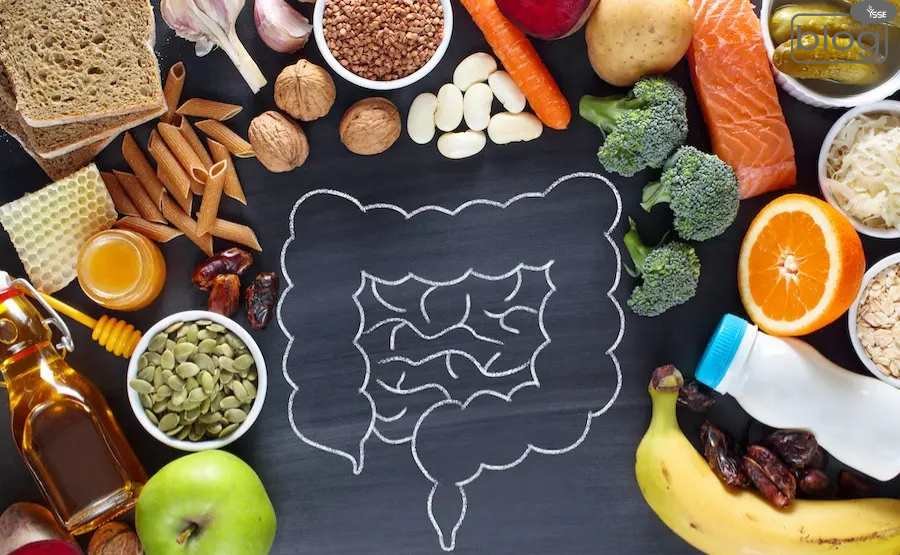Probiotics and prebiotics are both pretty huge topics in nutrition these days.
Yet even though they sound similar, the two play different roles in our health.
I’ll explain what you need to know about the two.
Probiotics are foods or supplements which contain live microorganisms intended to maintain or improve the “good” bacteria (normal microflora) in the body.
Prebiotics are foods (typically high-fiber foods) which act as food for human microflora.
Probiotics are beneficial bacteria, and prebiotics are food for these bacteria. Eating foods or supplements containing both can help balance our gut bacteria.
Prebiotic Foods
Prebiotics are types of fiber that humans cannot digest, but our gut bacteria can. These types of fiber provide nutrients to the bacteria which support healthy digestion and immune function.
Foods that are high in prebiotic fiber include:
- legumes, beans, and peas
- oats
- bananas
- berries
- Jerusalem artichokes (not the same as regular artichokes)
- asparagus
- dandelion greens
- garlic
- leeks
- onions
One of the things our good gut bacteria do with prebiotic fiber is turned it into a short-chain fatty acid called butyrate.
Probiotic Foods
Probiotic foods naturally contain helpful bacteria.
Many of these foods can be made at home or can be purchased at a grocery store.
Examples of fermented foods include:
- sauerkraut
- kimchi
- kombucha tea
- kefir (dairy and nondairy)
- some types of pickles (unpasteurized)
- other pickled vegetables (unpasteurized)
- tahini
Some of those foods are considered synbiotics because they contain both beneficial bacteria and a prebiotic source of fiber for the bacteria to feed on.
Some synbiotic foods are cheese, kefir, and sauerkraut.
Should we take probiotic supplements?
Probiotic supplements are designed to deliver very specific species of bacteria to the human gut.
However, not all probiotic supplements are of the same quality or contain the same quantity of bacteria.
Keeping our gut bacteria balanced is important for many aspects of health.
To do this, eat plenty of both prebiotic and probiotic foods, as they will help promote the most ideal balance between good and bad gut bacteria.
To read more blogs,click here
Writer
Kulsuma Bahar Bethi
Content Writing Intern
YSSE

